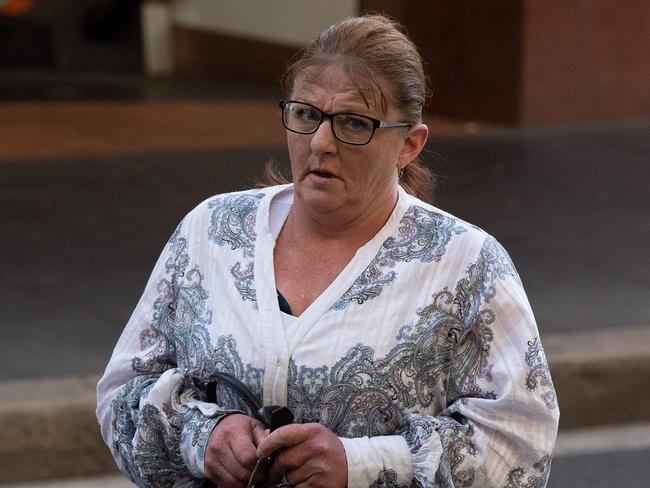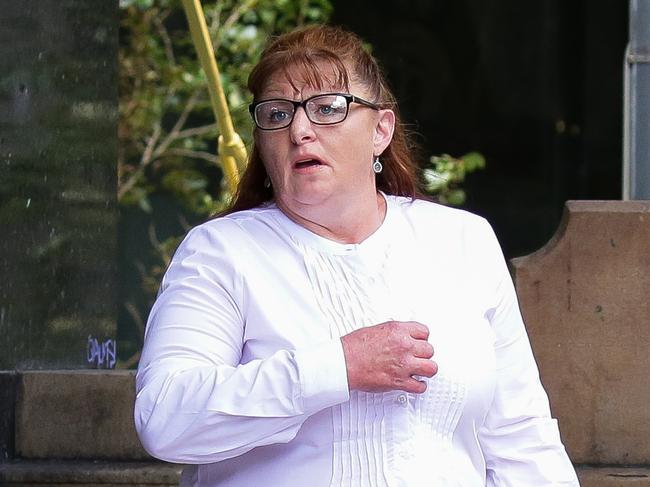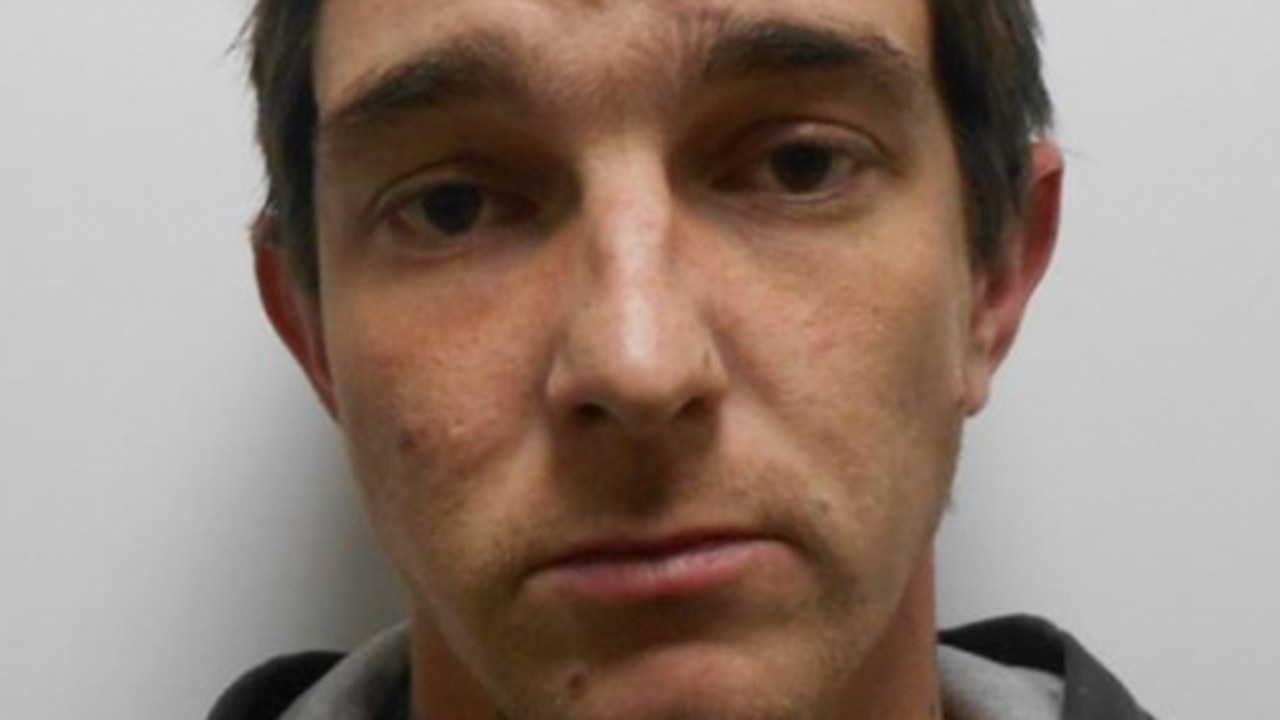Cancer patient ‘fully infested’ with lice before death, court told
A dying cancer patient who weighed just 35.8kg when he was admitted to hospital was ‘fully infested’ with lice for a shock alleged reason, a trial heard.
NewsWire
Don't miss out on the headlines from NewsWire. Followed categories will be added to My News.
A man who was allegedly neglected by his ex-partner as he suffered from cancer was “fully infested” with lice when he entered hospital, a court has been told.
Johnathan Young died on October 16 2012, 11 days after he was admitted to Hawkesbury Hospital weighing just 35.8kg.
His primary carer and former partner Libby Jade Baker is on trial in the NSW District Court, charged with his manslaughter.
She has pleaded not guilty to causing Mr Young’s death through gross negligence, and not guilty to an alternative charge of refusing to provide him with the necessities of life.
Mr Young, 58, had rectal and renal cancer, peripheral vascular disease and had suffered strokes that caused disability to his right hand side.

On admission to hospital, he had pressure sores, had lost a drastic amount of weight and was observed by nurses to have a significant lice infestation on his head and body, the court has heard.
“He was fully infested,” the nurse told the court earlier in the judge-alone trial.
“He was infested from the top of his head to the bottom of his legs.”
In a statement, the same nurse described a face washer used under Mr Young’s arms as coming out “covered in lice”.
Forensic entomologist Dr Beryl Morris told the court on Tuesday she estimated Mr Young had a lice infestation for approximately 4-6 weeks prior to being seen by the nurses.
The insect expert said her opinion was based on the life cycle of lice, a calculation of how long it would take for a population sizeable enough to match the description of the nurses to emerge.
Under questioning from Crown Prosecutor Tarik Abdulhak, she said head lice could transition into body lice when triggered by overcrowding in the hair, prompting the insects to seek out other places to lay their eggs.

Dr Morris said getting rid of lice altogether was “not an easy thing to do”, but if Mr Young had received treatments such as medicated shampoo and combing, the infestation would have been “removed or diminished” to a point where the nurses “would not have remarked (on it) to a level they did”.
She said the first indication of lice is generally itchiness, rather than actually spotting the sesame seed-sized eggs, known as nits.
Under cross-examination, she agreed it would be harder to detect lice in Mr Young if he had difficulty communicating sensations such as feeling itchy.
Defence barrister Josh Brock said she had written in her report lice can cause a skin irritation that resembles German measles.
Dr Morris agreed there was no documented observation of Mr Young suffering such a rash.
The trial continues before Judge Deborah Sweeney.
Originally published as Cancer patient ‘fully infested’ with lice before death, court told



